Christina Ambrozy ’16 | Staff Writer
After traveling to all seven continents, all 50 states and 247 countries and lands, Rufus, a teacher in the Grosse Pointe School System for 37 years, only needs to visit four more countries to complete his goal of touring every country in the world.
Although he was born with the name Don McGaugh, he prefers to be addressed as Rufus. Not Mr. McGaugh, not Mr. Rufus, just Rufus. His nickname was given by some friends early in his childhood when they were exchanging ridiculous names, and it has stuck ever since.
“It was the students’ idea and they overruled me, so I let them, but it was no big deal and they all thought that it was pretty funny. They found out that was my nickname when I first started teaching so I just let it go. There’s no disrespect intended, and I liked it so I said fine,” Rufus said.
He was born Jan. 30, 1949 in Detroit, and raised by his parents JT & Francis, who met through friends and family and married in 1948. His father was a cotton farmer from the south, while his mother grew up in the north. He is the oldest of his two siblings, Barb and Jim, and they are all four years apart.
Rufus originally lived in an apartment in Detroit until he was five, then his family transferred to southern Warren, which at the time was inhabited by a large number of veterans returning from World War II.
He attended St. Leonard’s Catholic elementary school from second to eighth grade. For the first two years of high school, Rufus went to St. Mary’s Catholic High School, but after his sophomore year, transferred to East Detroit High School because it was closer to home.
After he graduated from East Detroit, Rufus started Macomb Community College, but after two years, his education was interrupted by the Vietnamese War. Rufus served in the Marines and was stationed in Vietnam for two years. After he returned from war, he continued his college education and attended Wayne State University, and triple majored in education, history and literature.
In 1993, Rufus married Monica Stroll, after meeting her through a blind date. At this point he was 44 years old, and with his age a factor, he and his wife decided that they wanted to adopt their kids instead having of their own.
Eric McGaugh, who is currently 18, was adopted from Russia when he was six months old. The opportunity to adopt Eric was unexpected and there was only a 48-hour notice, but they were able to get to Russia in time.
Eric is a 2014 graduate from South and is entering the heating and cooling program at Macomb Community College. Eric recently took the test at Wayne State for the Pipefitters Union, which is a paid, five-year apprenticeship. They only accepted 59 out of over 300 people and he was one of them.
“(Eric) is the best thing that ever happened to us, he’s a wonderful kid, and that’s been great,” said Rufus.
Rufus and Monica also adopted Jason Tyler (JT), who is a sixth grader at Pierce Middle School. Originally, instead of adopting again, they decided to foster, which means raising him temporarily. They went through the training, and in the end, the fostering program repeatedly said that you cannot adopt kids out of foster care, because the goal is to support them until they end up with their biological parents.
“My wife went and picked up JT, and she had this feeling that it was meant to be. First of all on the card, the name was JT, which is my dad’s name, but it got even stranger. His birthdate is March 11, which is Eric’s birthdate,” Rufus said. “I even get to save on birthday cakes.”
Even though Rufus participated in multiple sports growing up, he didn’t play any sports in college. He jokes that his only extracurricular activity was working. Rufus balanced multiple jobs to help support himself through college. There was a two-year time period where the economy was struggling, so Rufus was forced to drift in between random jobs that were available, specifically white and blue collar jobs, to survive that harsh increment of time. Then, he began student teaching in the Detroit, which he said had a rough atmosphere.
Since he was a kid, Rufus wanted to pursue teaching, law enforcement or serving his country; but after spending those tough two years in Vietnam, he quickly crossed out the option of being stationed as a Marine full time because of the rough experience.
Rufus was accepted into the Detroit Police Academy to fulfill his dreams of becoming a Police Officer, but he quickly declined that opportunity when a job opening was being offered in the Grosse Pointe School System. This narrowed his career path options down to teaching, which Rufus explains is his passion, along with traveling abroad.
He began his career teaching social studies at Pierce Middle School for his first three years. Then he was transferred to Parcells Middle School, continued to teach social studies, and taught there for only two years. His final transition was to Brownell Middle School where he stayed there for the next 32 years.
Rufus emphasizes that middle schoolers are his favorite age group to teach and interact with because they are the most fun and are always amused with his stories and jokes.
“This may sound bad to some people, but I enjoyed kids much more than adults,” Rufus said. “They just appear to me as more honest, sometimes brutally honest. They were just very forgiving, unlike a lot of adults. They’re also very loyal. I have kids today that still keep in contact with me, still come over for a cup of coffee, after 30 years. That’s pretty loyal.”
One of Rufus’ many famous trademarks was his jar of jelly beans that showcased on his desk and still travels along side him when he substitutes. Rufus would reward students who presented current events or were able to answer his questions regarding the topic that he was teaching.
“I would give them the ‘Jelly Bean Question of the Day,’ similar to a Jeopardy question, and I would just ask a tricky or hard question of something that we had learned, and if you got it right, you got a jelly bean. And I would only ask like five or 10 questions so they were eager to get their jelly beans,” Rufus said.
There is a story behind his classic jar of jelly beans. Rufus was reading the news when Ronald Reagan was first elected president, and the article described about how Reagan had to move his jelly bean jar from Sacramento, which is where he was previously working as Governor, to the White House. Rufus said his brain clicked, and he decided to try and use that story to incorporate some history as a fun way in the classroom.
Alongside with his jar of jelly beans, Rufus said he tried to introduce multiple concepts to create a more entertaining environment. Whenever he traveled to a different country, Rufus would capture a surplus of pictures, and transfer them into a slideshow and present them to his students. For every unit and country, Rufus had a presentation of pictures paired with humorous stories that amazed his students. These slides replaced textbooks, and he told his students that this is the first and last class where you will never use a single book.
“I used to joke that the school system was paying me to live my hobby. It was just a perfect match and I enjoyed it,” Rufus said. “Kids seem to get a bigger kick out of the slides that I was showing and that was always fun too.”
In 2009, Michigan created a state buyout for teachers in reaction to the sudden recession. Teachers who had been working for a longer span of time were given the preference of receiving more money and financial benefits if they were to retire. This created more job opportunities for younger teachers, who at that point were desperate for an opening.
In the Grosse Pointe School System, 102 out of 527 teachers, four administrators and five instructional supervisors took the buyout that will pay them an extra year’s salary over the next 10 years. For these teachers, that added an extra approximately $60,000 or more on top of their pensions. The district saved about $18 million in the process. About half the teachers that took the buyout statewide were between 38 and 55; the rest were older, according to a Detroit Free Press article from the time.
Although far from when he wanted to retire, Rufus had to make the tough decision and accepted the buyout because of its economic benefits. Even though that meant cutting his dream job short, Rufus knew that it was the right choice and he would prosper in the long run. Despite the fact that he is retired, he still regularly interacts his previous co-workers and staff.
“I still see him when he substitutes at Brownell throughout the year,” Michael Dib, the principal at Brownell Middle school, said via email.
Even though Rufus isn’t technically a teacher anymore, he has been in and out of classrooms sharing his knowledge and endless stories with students in almost all of the local school systems. He has also presented at almost local every college, including University of Michigan, Michigan State, and Wayne State University. Rufus even goes to fraternities, sororities and retirement groups to present his slideshows.
“It’s a ‘so-called retirement’ because I’m in the schools all the time. They can’t keep me out,” Rufus said.
On top of substituting and visiting schools, Rufus has been involved in blue and white collar jobs for the Sierra Club, a natural preservation program. He has also been trained to be a lobbyist for environmental issues and has gone to the State Capitol. Rufus has also contributed a lot of time toward volunteering for Habitat for Humanity.
“About two years after my so-called ‘retirement,’ my wife said (to me) ‘now that you have been out for two years, what have you enjoyed the most? Whether it was relaxing, the Sierra Club, or Habitat for Humanity,’ and I said that my favorite part is going back into the schools and being with the kids. I’ve always enjoyed the kids and what I was doing, so I guess that’s why I stayed for so long,” Rufus said.
Rufus says that he is so blessed that his profession of being a social studies teacher fits perfectly with his hobby and passion of traveling.
Growing up, Rufus’ family never traveled because they neither had the time or the money to go anywhere. In his community, it was uncommon for families to go on vacations or have enough money to leave the country, and sometimes even the state. Since Rufus went to Catholic schools for most of his life, he didn’t even have a social studies class until 5th grade.
“I will never forget when we were given that (social studies) book, and I can remember that we didn’t have homework that day, but I was so excited about it,” Rufus said. “I took the book home anyway, and I was flipping the pages looking at the old black and white pictures of the pyramids and ancient civilizations, and with the people in my neighborhood with little money that they had, nobody, I mean nobody had been outside the US, but somehow, someway, I told myself that I’m going to see the pyramids in Egypt. Then I turned a few more pages and there was the Great Wall of China and said the same, but I had no idea that I was going to do it.”
The first country that Rufus went to was Vietnam when he was stationed as a Marine for two years. He always jokes that it was the worst tour he’s ever been on because none of the people in the country seem to like him because they were always shooting at him.
He attempted to visit all seven continents while he was still teaching, but he was incapable because the trip for Antarctica, his last continent, lasted a little over two weeks, and wasn’t able to fit in the timespan of winter break. He preferred to go during the winter because in the southern hemisphere, it would be Antarctica’s summer and the temperature would be significantly warmer.
Even though Rufus had to delay his trip to Antarctica until he retired, he still accomplished his goal of traveling to all seven continents. Rufus proudly displayed a picture of himself in Antarctica, wearing his “Buck Up Broncos” shirt and boasting a school-themed locker magnet to represent Brownell Middle School. This picture was bordered by a toliet seat as a joke and was given to him by one of his close friends and co worker, Bob Abel, a Language teacher at Brownell who worked with Rufus for 16 years.
“The biggest commonality is our interest in travel. Unfortunately, I haven’t traveled much with Rufus outside of Michigan, but I always enjoy his stories and photos. Rufus had invited me along with other friends to go camping, backpacking and canoeing in Northern Michigan on several occasions,” Abel said.
Rufus only has four more countries to visit and experience. This January, Rufus is visiting Mauritania and Niger, which are both located in Africa. On that trip, he is also visiting Western Sahara, which is a new territory and two more countries he has already been to: Algeria and Senegal. He still needs to visit Nauru, which is an island in the South Pacific, and Libya.
Libya is currently in the midst of a civil war, and it is too risky to go until the violence is lifted. Rufus said Libya will be the last country he visits, but if the country continues to remain as a hostile location, he fears that he will never be able to go there. He is keeping a close eye out for any opportunity he can get to safely endure his visit.
The most recent expedition that Rufus went on was to Cuba, which is an extremely difficult country for an American to visit, especially Rufus who had to wait years and pester Cuba to let him in for legitimate reasons.
When he originally proposed travel to Cuba, the Treasury Department said that since he is an educator, Rufus possesses the right to go legally. Rufus figured that he would have to be required more than just a verbal confirmation, so he submitted multiple newspaper articles focusing on his teaching and travels. He waited months and Cuba demanded more information, so Rufus sent more. Again, he had to wait months until Cuba repeatedly requested for more background.
“Finally I went down to Senator (Carl) Levin’s office, and I asked him to help me out. But (Cuba did) the same thing, they neither said yes or no,” Rufus said.
Rufus decided to take matter into his own hands, so instead of going directly to Cuba, Rufus flew down to Mexico City, then went to Cuba from there. Even though his trip wasn’t exactly legal, he said he qualifies to visit Cuba, and he wasn’t going to wait any longer.
While he was in Cuba, he biked across the island for six or seven days. Rufus was prepared for this intense and difficult task because he has participated in 14 Michigander Bike Rides, a 300-mile journey all across Michigan during July. Abel has also accompanied Rufus on the Michigander four or five times.
“I feel like a marathon runner. I’m so close to mile 26. I feel like I’m on mile 25, and I don’t care if I have broken ankles and knees. I see the end there and I’m gonna do it,” Rufus said.
When Rufus first started traveling, he went on trips with his friends from college, but has they began to get married and start their families, his friends were unable to come and he had no choice but to travel alone. His friends were either not working and didn’t have enough money to go on trips, or they were making enough money but didn’t have the time to travel.
When he was teaching full time and unmarried, Rufus planned “the big trip,” which lasted anywhere between the timespan of three weeks to all of summer vacations. When he married, he began to cut down the number and length of trips down to about three weeks.
In the past five years, Rufus and his family created a set of rules restricting him from traveling during the summer because Monica would have to manage their two sons by herself. Instead, he travels throughout the school year so he is able make progress on his goal while give his wife a break. But now, since he is so close to his goal, these rules have been lifted by his family in order to complete his task as quickly as possible.
Money has been a bigger obstacle in completing his goal rather than time. As a teacher, his job offered multiple breaks including summer vacation. Also, he didn’t get married until he was 44, so he didn’t have a family to manage until then.
“There are two ways that I have been able to financially support these trips. Especially when I was younger, I slept on park benches and trains and didn’t pay for hotels. With no exaggeration, I came back 12-14 pounds lighter from skipping meals. I came back skinny as a rail coming back from all these trips. I would do everything as cheap as I could. And the other part is the fact that almost everybody has a hobby or a passion that’s expensive like boating or their fancy cars. I don’t have that. Everyone’s got something that they put their money into, we figured out where my money is going toward and that is traveling,” Rufus said.
When he retired, Rufus still had 30-40 more countries left order to achieve his objective. Rufus split up the remaining countries and divided them into three separate categories. This helped determine which countries he wanted to tackle first and which ones he could save for later.
The first division is dedicated to countries that are physically tough. Rufus endured these locations first because recognized that the longer he waited, the older he would become and the more difficult it would be to complete. In Antarctica, the temperature would be around 74 degrees below zero after he suffered sea sickness on the treacherous boat ride from South America.
On the way back from Antarctica, his boat went through one of the worst storms and a boat only about six hours away became disabled and the Coast Guard and the Navy had to rescue them. Rufus also climbed to the base of Mount Everest in Nepal. He didn’t reach the peak because the base alone is already exhausting.
His second category includes countries that are dangerous to visit. Somalia, Iraq, Chad and Burundi are just a few examples of the threatening places that Rufus has survived. He was arrested twice in Zimbabwe for photography that interfered with restrictions of the Soviet Union.
Rufus safely landed in northern Somalia which was under lockdown, but it was during the time when Somalia was at its peak of dangerousness because of the civil uprising against the government. As he was flying to Kenya, his next country, the old rickety Russian prop plane he was in was forced to make a stop at Mogadishu, the heart of violence in Somalia.
“We weren’t even in the air for a minute, and the pilot made the announcement that ‘all the passengers have to listen very closely. We are making an unplanned and unexpected stop in Mogadishu. The two most important parts are if you are a disembarking passenger, do so quickly. If you are not a disembarking passenger, do not stand by the doorway, making yourself a target for the gunman,” Rufus said.
The third category is simply the remaining countries and territories that Rufus has yet to explore, and most of these already have set dates to visit.
Although there are many visits to choose from, Rufus narrowed his favorite countries down to New Zealand, which he describes is the miniature but more beautiful version of Australia. Ireland for its charm, scenery and his family heritage. The Azore Islands, the Canary Islands, the Fjords of Norway, the Portuguese Island of Madeira and Switzerland all possess exquisite views and unforgettable experiences. Rufus also enjoys the general region of the Himalayan Mountains including any country that falls in its radius.
The Sheng Jing province in China is one of the most culturally different areas that he has witnessed. The women dress more conservatively than in Saudi Arabia. They are covered completely from head to toe, and the women don’t even wear a screen to help them make eye contact with others. They just have a piece of cloth where they can barely look out, and nobody can look in.
New Guinea also ranks alongside Sheng Jing, he said. Every mountain valley has a unique and different tribe in it, speaking a completely different language. There are about 859 languages on that island alone, so much that, these people are extraordinarily isolated from the next valley over.
The toughest countries to enter are those located in Africa especially Guinea Bissau, Chad, Nigeria, Algeria, Niger, Cape Verde Islands, Burundi. All of the countries in Central Africa are especially difficult to visit.
Rufus only travels around carrying a day backpack, a smaller and lightweight bag. He only brings the necessities that are essential for a trip. He will only pack one extra shirt, pants, underwear and socks. Rufus only wears one pair of tennis shoes, sometimes a light jacket, and includes his camera equipment, a few toiletries and some medicine.
“I used to bring anything that was light enough to get back,” he said. “I was always thinking about my seventh graders who I taught for so long, and (thought about) stuff that would entertain them. One of the things that I did to entertain them, was that started collecting airline air sickness bags, also known as barf bags. Over at Brownell, as the collection grew, I was able to cover two and a half walls of these barf bags.
Rufus also has a compiled a collection of hats that he has accumulated from multiple trips. He has about 70 hats from dozens of countries, including Georgia, Uzbekistan and United Arab Emirates. Rufus realizes that seventh graders, especially boys, appreciate the variety of hats that he presents with a story behind each one.
Since he has been bringing his family along on his adventures, all of his family members have visited a significant number of countries. Eric has been to about 27 countries. JT has been to 14. And Monica has been to 47 countries. Rufus never takes them to any of the threatening parts of the world.
The McGaugh house is loaded with souvenirs that he has brought back from various trips, including an office that replicates a miniature museum. The shelves in his office are clustered with photographs, and small tokens that represent each country. All throughout their house, every room is accented with a piece of culture. Hanging from their living room wall is a framed world map beneath color-coded pins representing everywhere he has been. Just below Australia, is a sticky note listing the remaining countries.
It has taken a little over 40 years to go to all of these countries.
His aims to complete his goal of visiting every single country by the end of 2015.
“If somebody were to try to emulate or copy this, although it is a little easier today than when I first started, you better be prepared. This is a long time if you are going to do something as crazy as I’m doing,” Rufus said. “It really is a long commitment. There had been times that I thought it would never get done and may never get done, but you know anything can happen, and it’s looking pretty good right now. But especially during the Cold War especially with Communism, and some of the African countries at that point were being so backwards and with so many problems, I really thought that would be putting up my ‘George W. Bush Mission Accomplished sign’ saying I’ve done everything that could possibly be done and probably having 30 countries that I’ve never been to.”
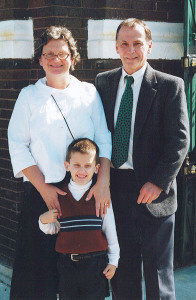

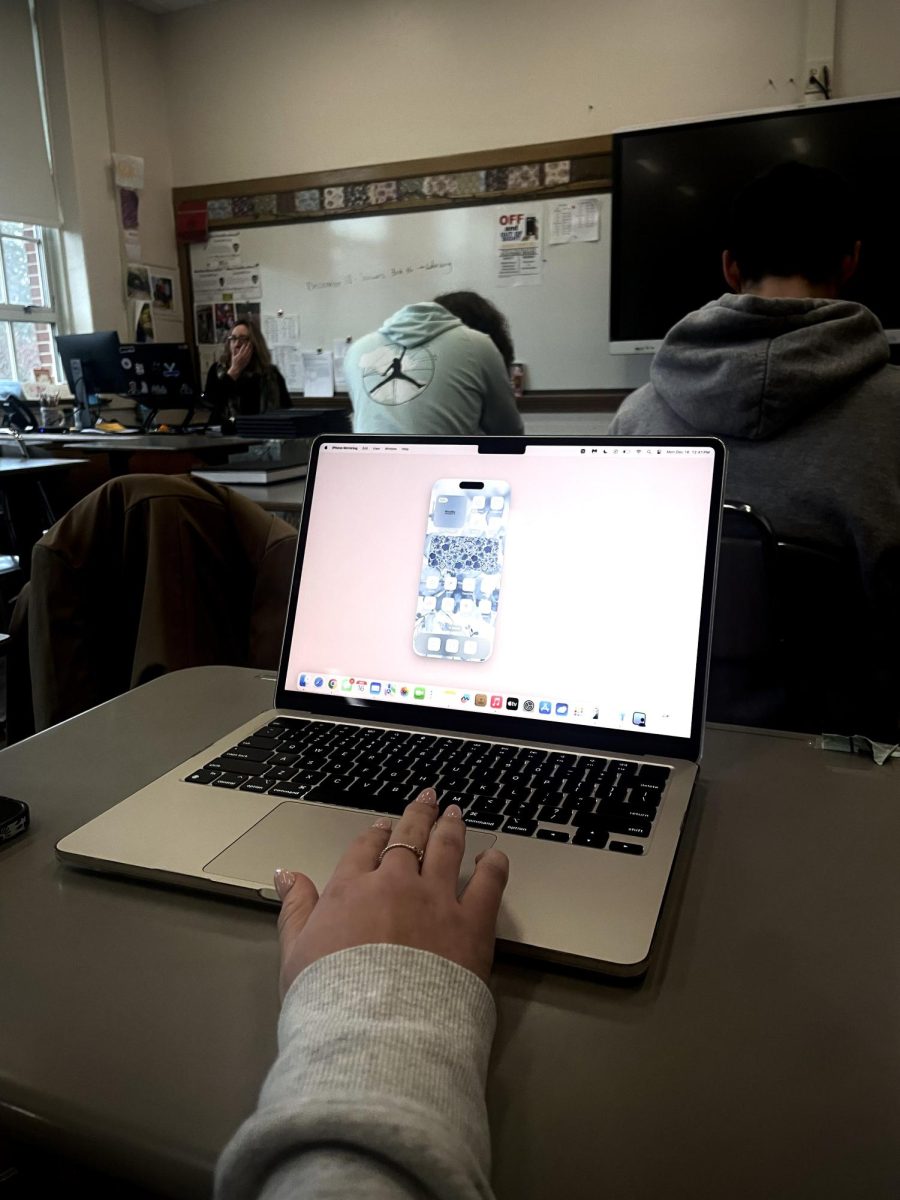

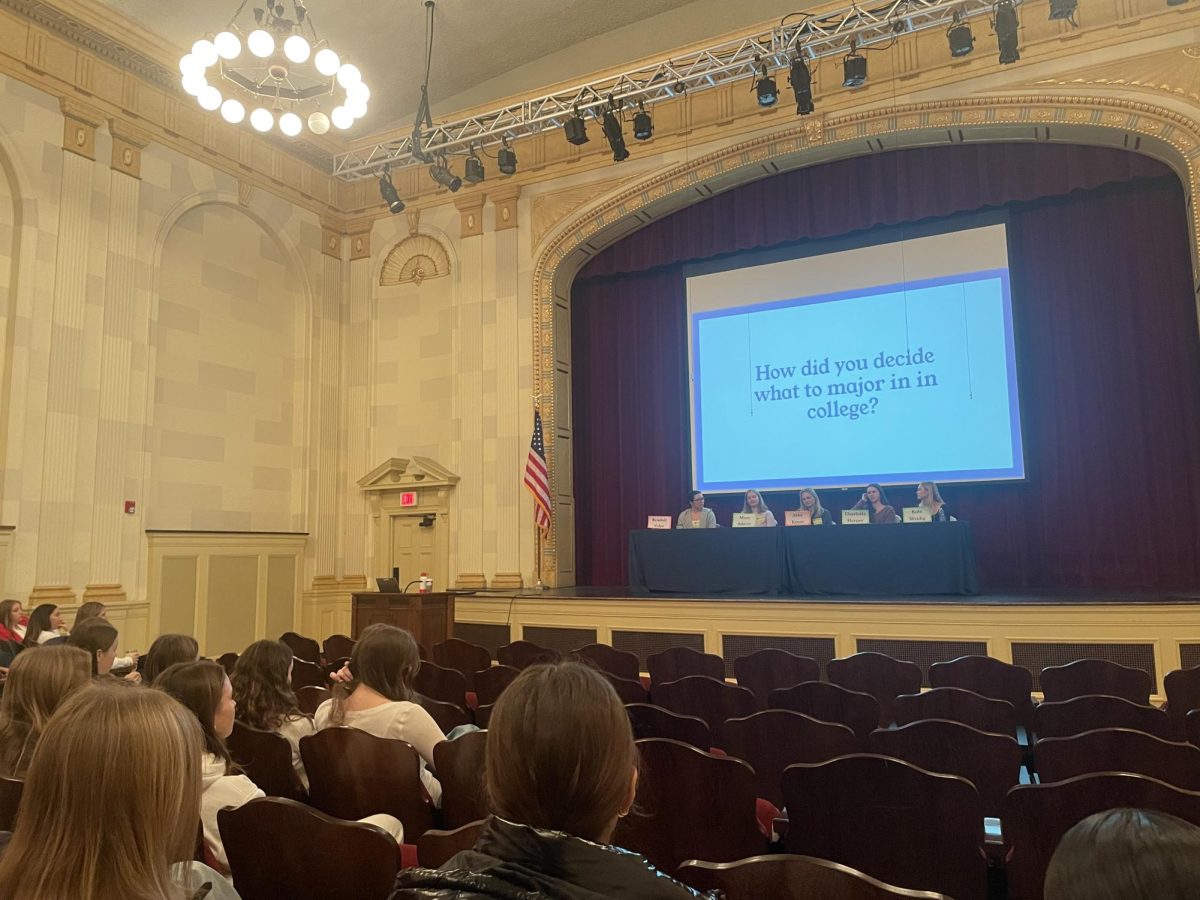






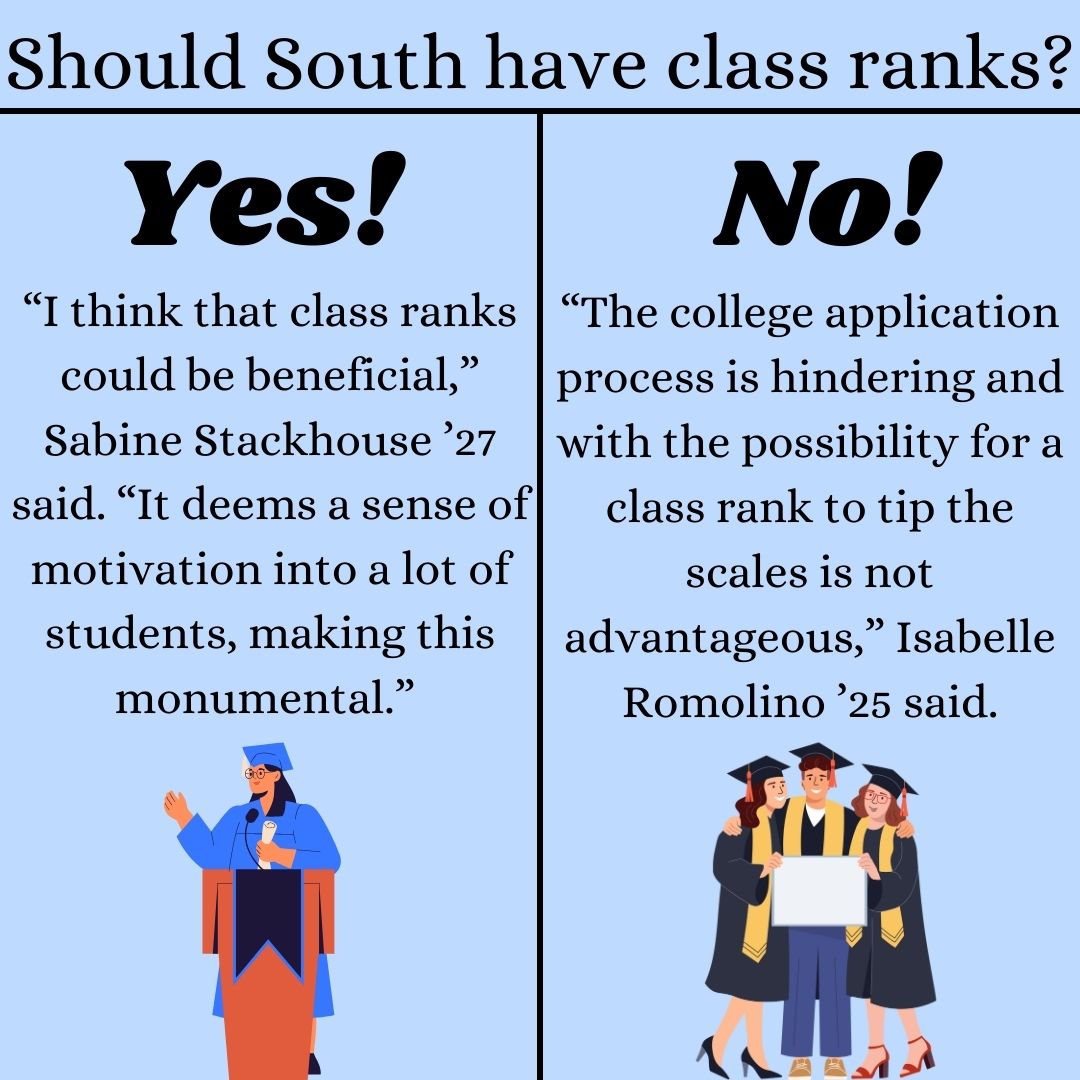
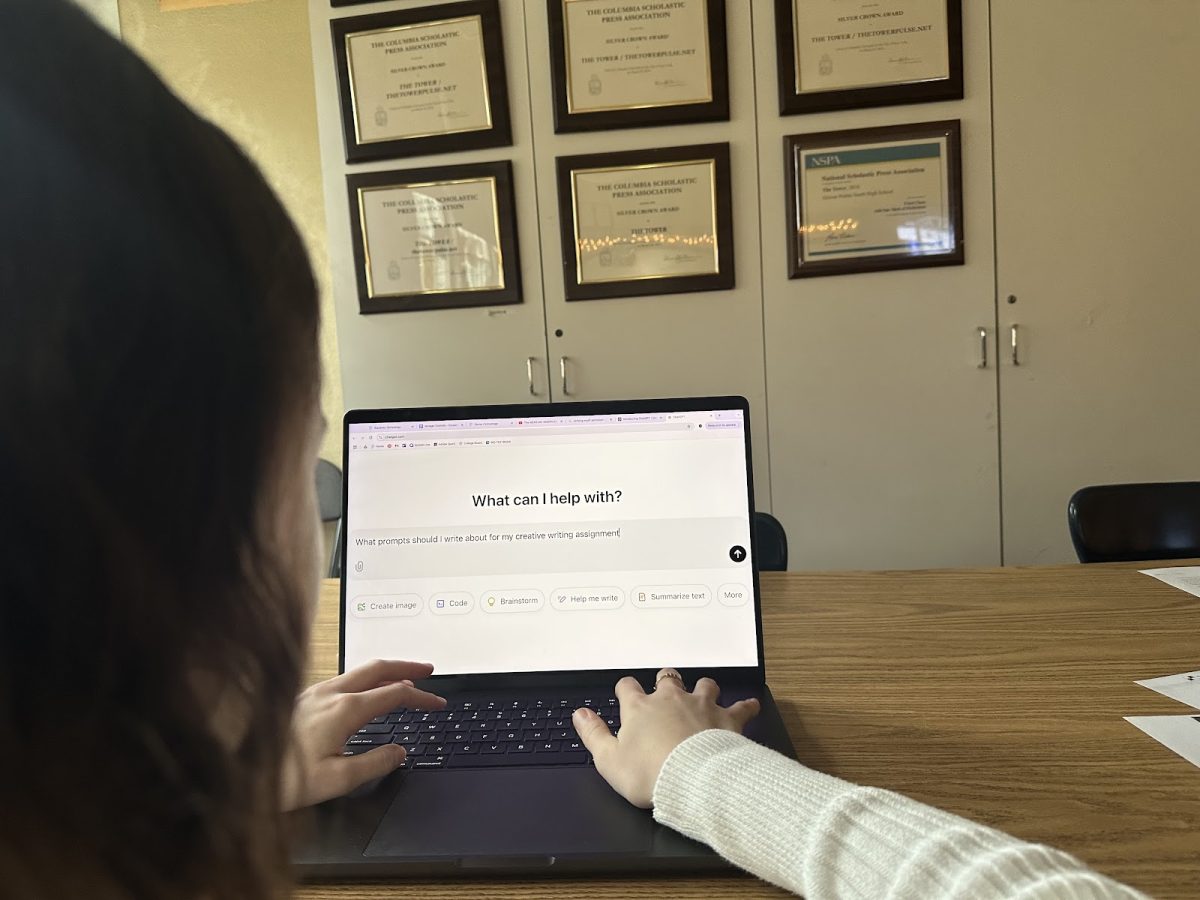
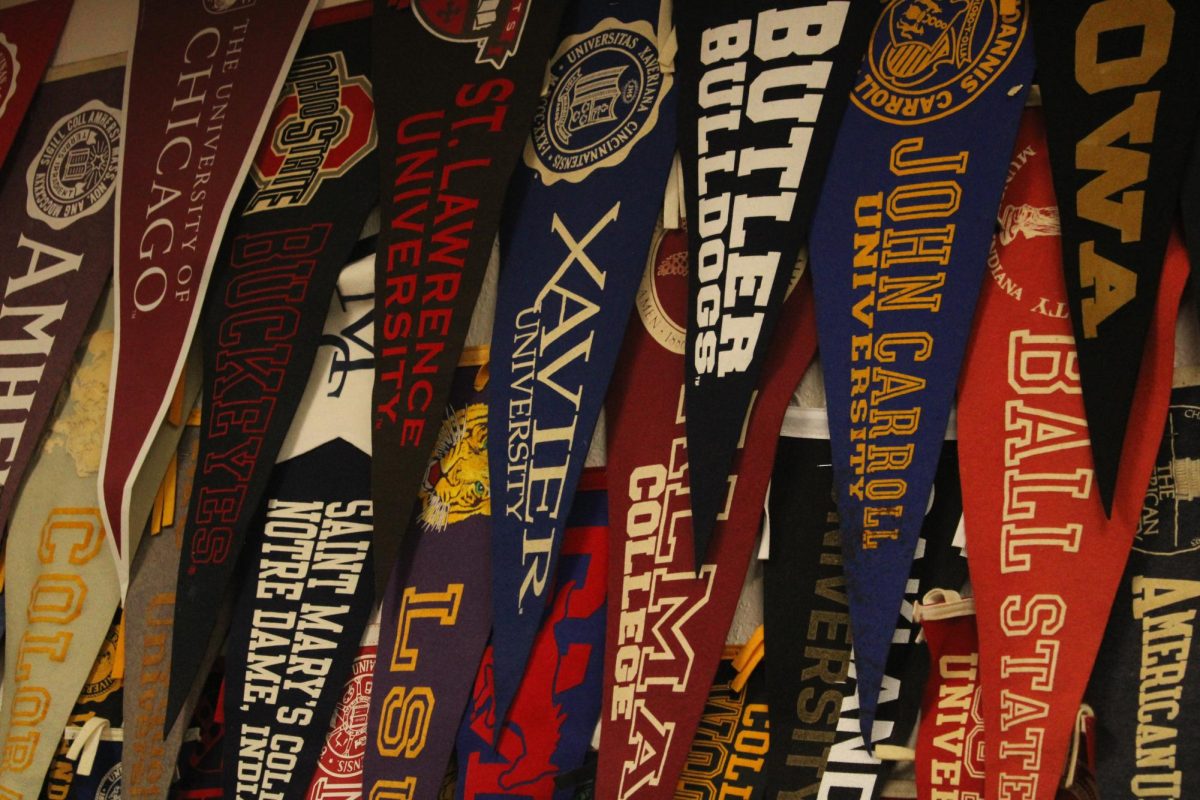










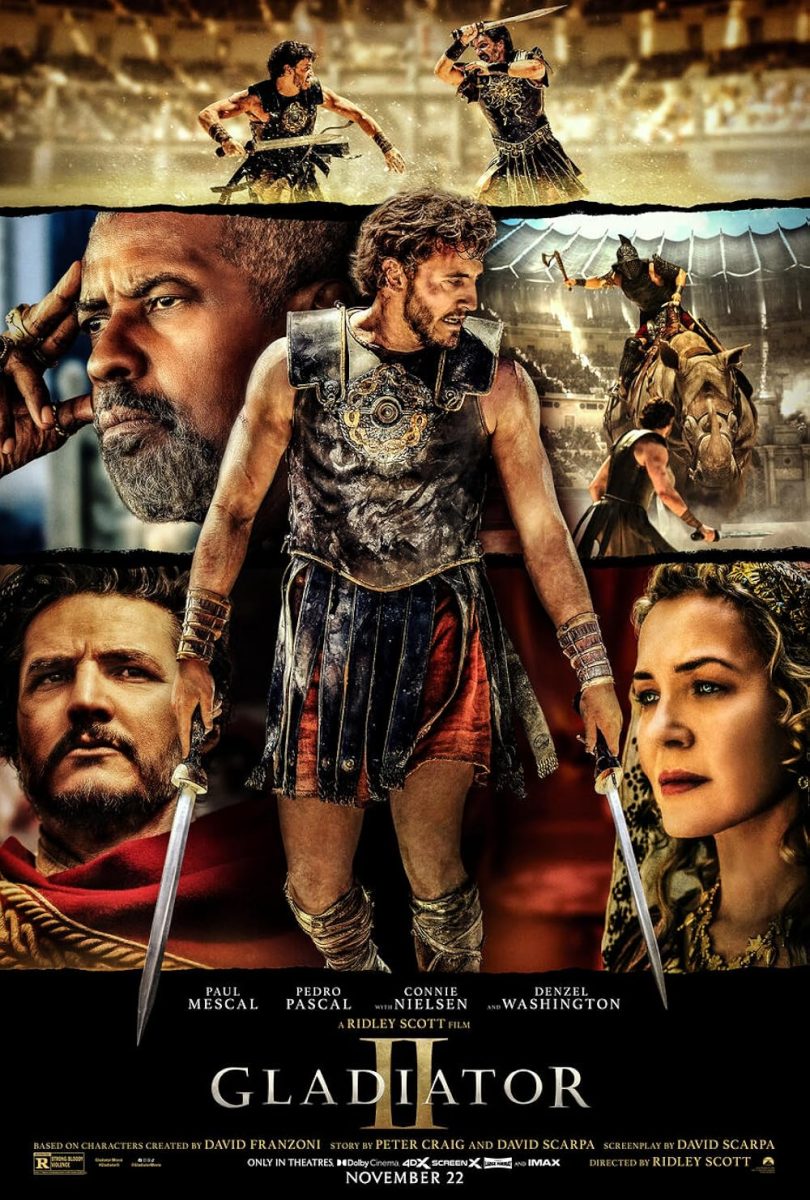












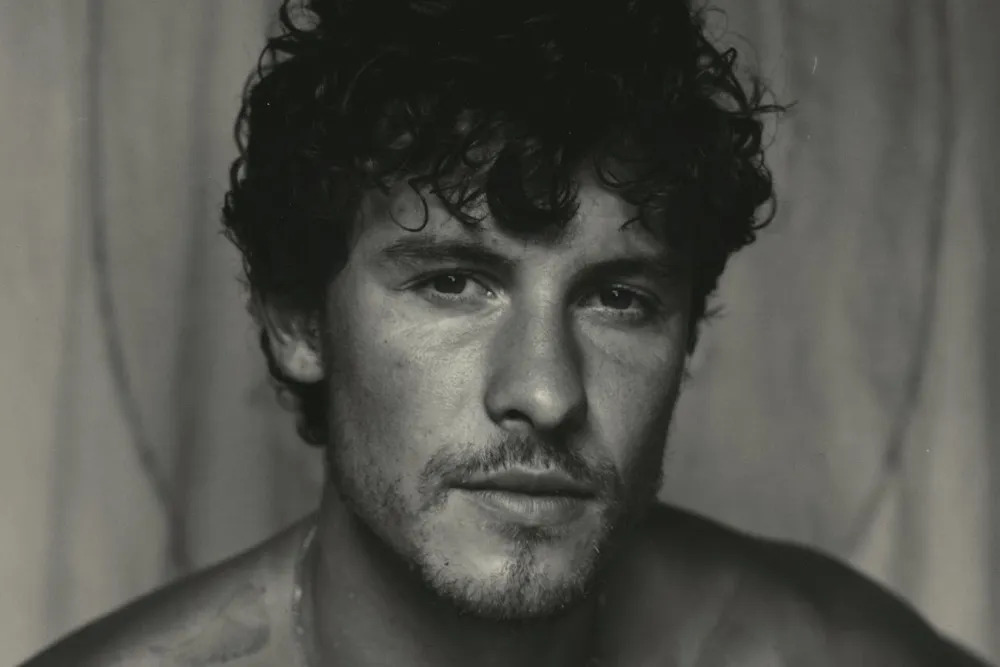









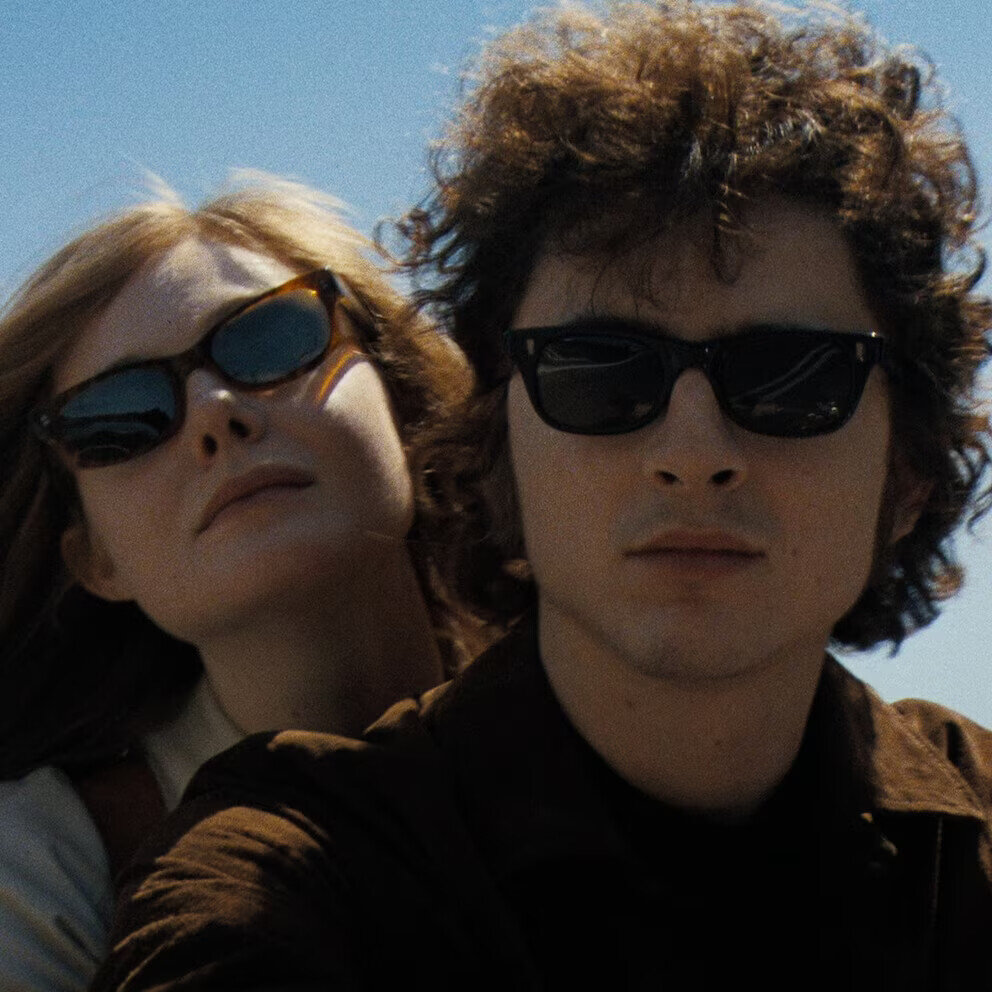





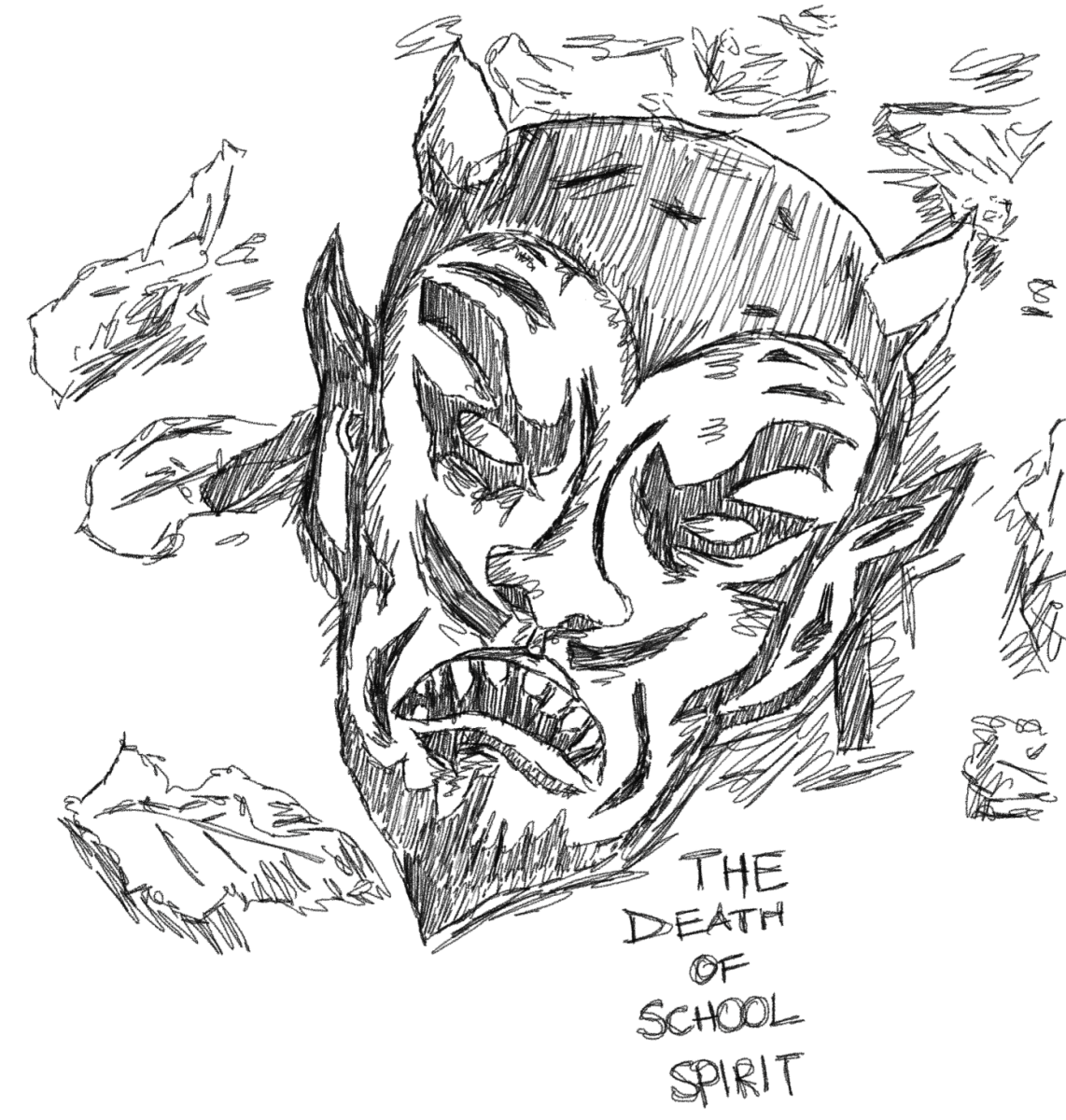












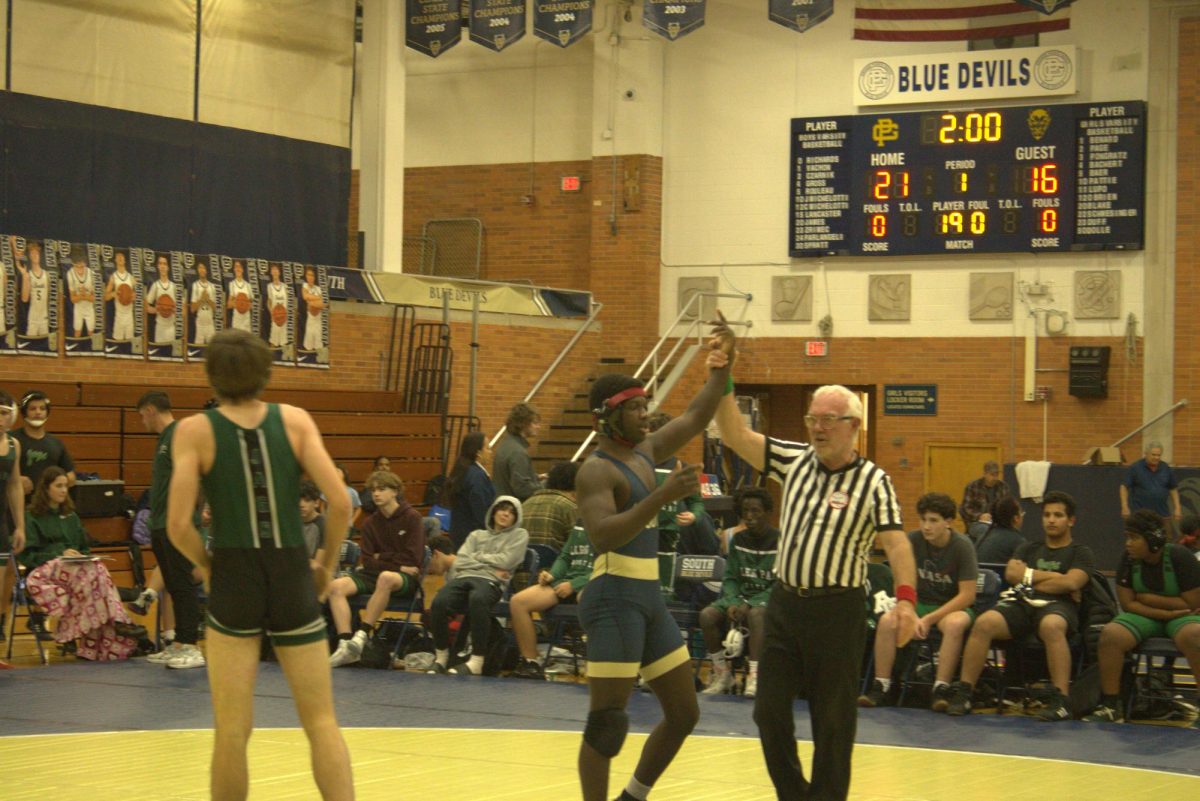
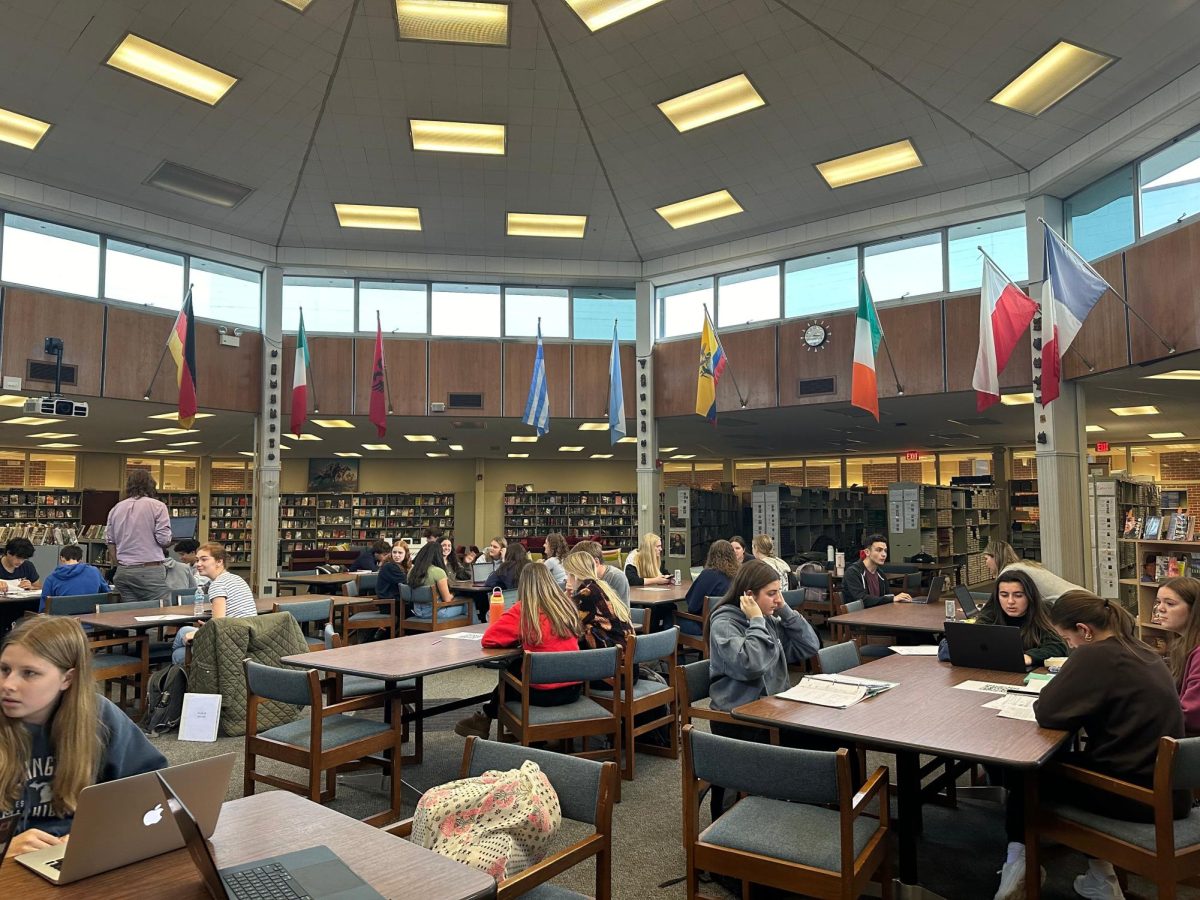








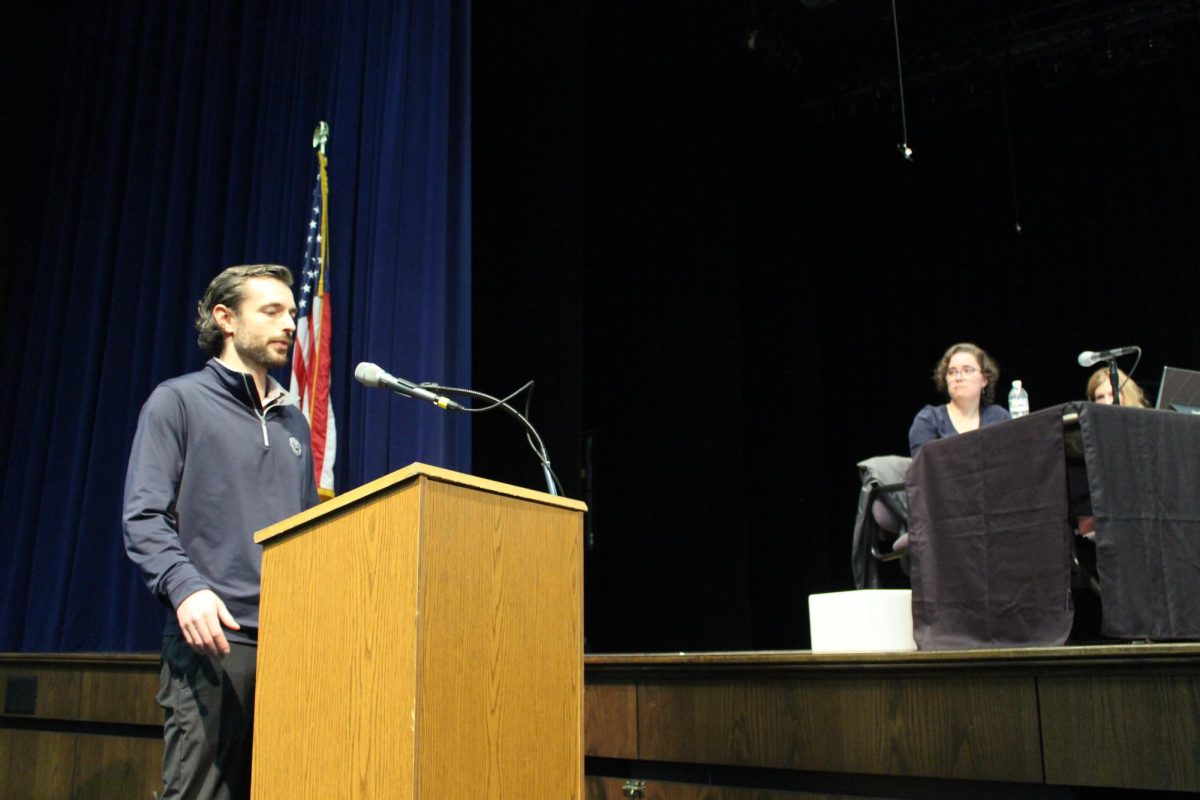
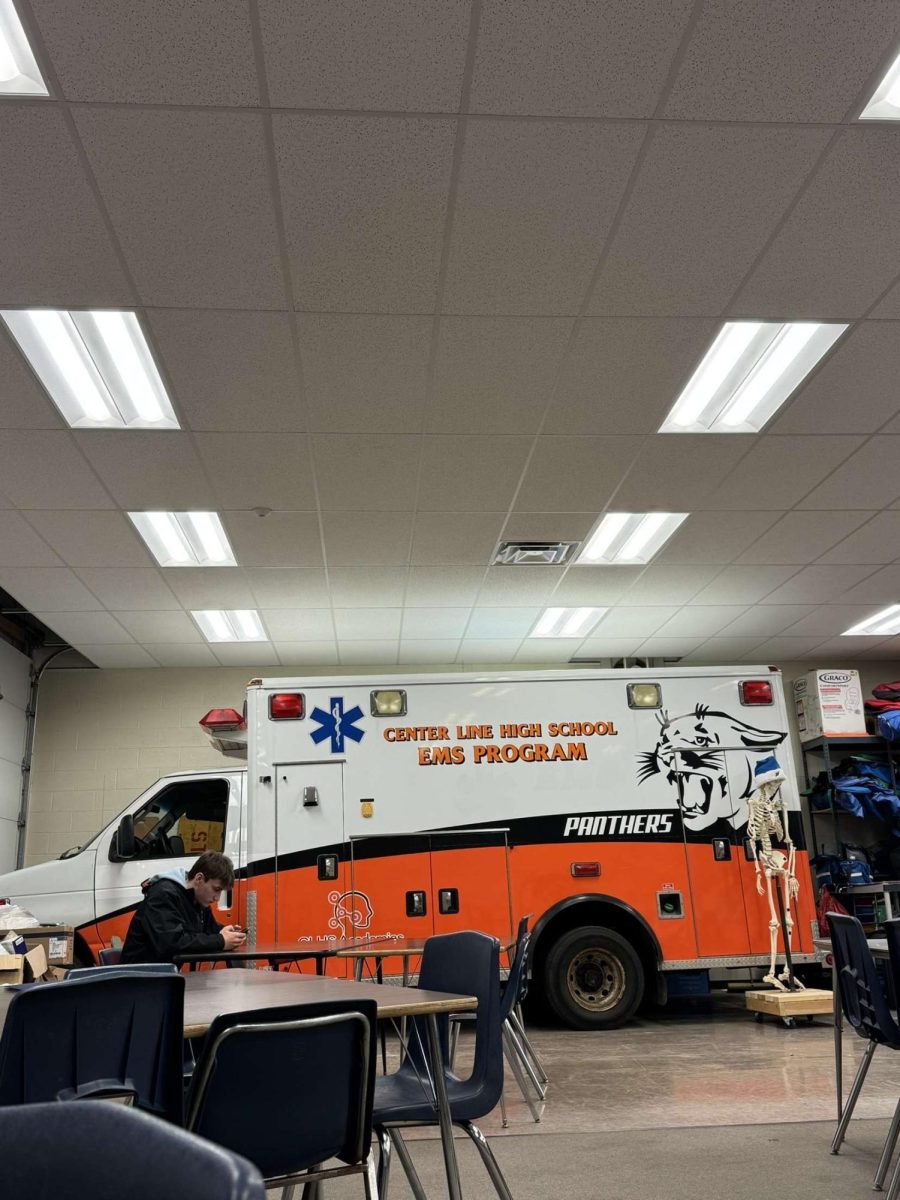
Barbara Kirchner • Jul 23, 2017 at 2:30 pm
Our son, Kevin Kirchner, just adored you and loved coming to your class! You were the ‘highlight’ of his day, he’d come home and share with us about all the exciting ‘adventures’ that you took him on!!
Anonymous • Sep 22, 2016 at 10:40 am
Rufus saved me from cancer. I want to thank him and his Chinese moshlums! Please Obama give this man a medal for curing this horrible aliment